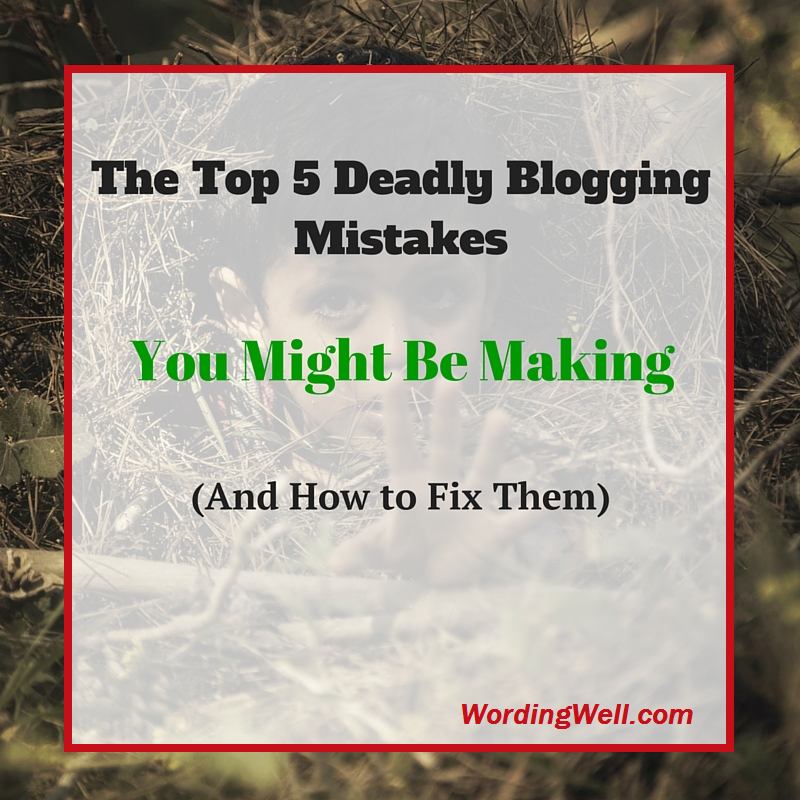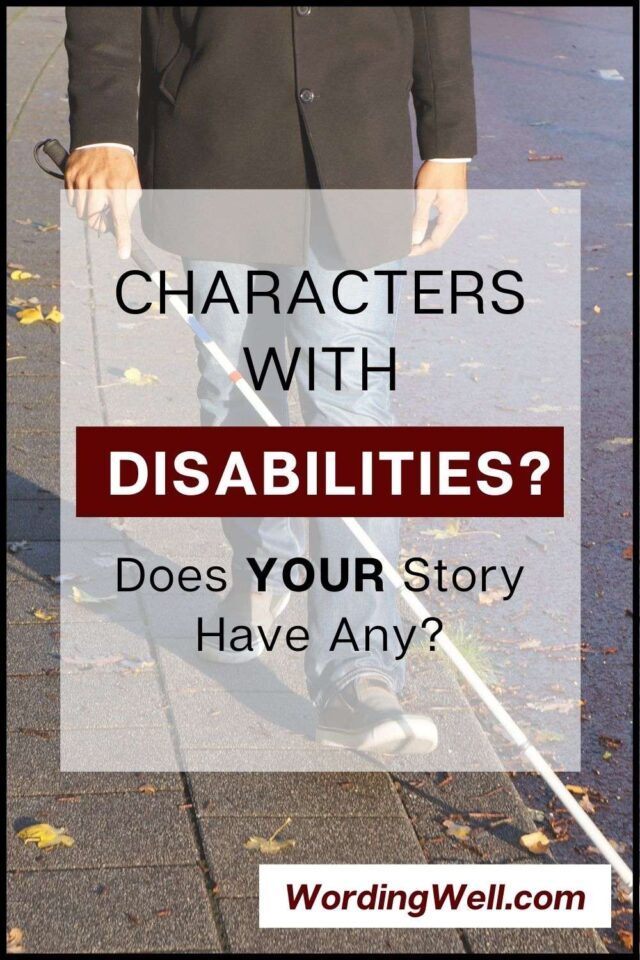You’ve worked hard to build your blog and everything seemed alright and good to go.
Looking back, you could remember vividly all the sleepless nights you suffered before you were able to even figure out what niche to choose.
Right now, things look fine from the outside and people are beginning to visit your blog. “Wow”, you think, “What a dream come true!”
But then, it all looks like you’ve been attacked by the devil himself. Everything you’ve worked for is beginning to fall apart.
Your blog has gone stale. No more visitors, no more social shares, no more clients and worst of all… your blog got hacked.
Now you’re wondering why all these things are happening to you at the same time. Have you offended someone? Do you have bad luck? These and more questions are manifesting in your mind, yet, you’ve not been able to come up with an answer.
Sound familiar?
There is a popular saying… “It takes ages to build a house but one mistake can bring it down in a blink of an eye.”
That is the same way blogging is. It does not matter the amount of time you put into it – there are certain mistakes you will make and they will bring your blog to its knees.
I know you wouldn’t want that to happen, right?
If these things resonated with you then, I have good news.
In today’s post, I will unveil to you 5 of the most common blogging mistakes that most people make.
You need to avoid these killer blogging mistakes if you don’t want to lose everything you’ve worked hard to build.
Avoid These Killer Blogging Mistakes and Save Your Blog from Suffering
There are many mistakes bloggers make. Some are common. Some are easy to fix.
Some are deadly and can wreck your blog and your blogging efforts.
The good news is that most can be avoided!
In addition to the 21 Dangerous Blogging Mistakes most bloggers make, and the 4 Common Blogging Mistakes That Prevent You From Growing Your Business, there are 5 blog killers that you need to be aware of and fix if you want your blog and your blogging efforts to be successful. (And these are in addition to The 8 Biggest Blogging Mistakes New Bloggers Make!)






